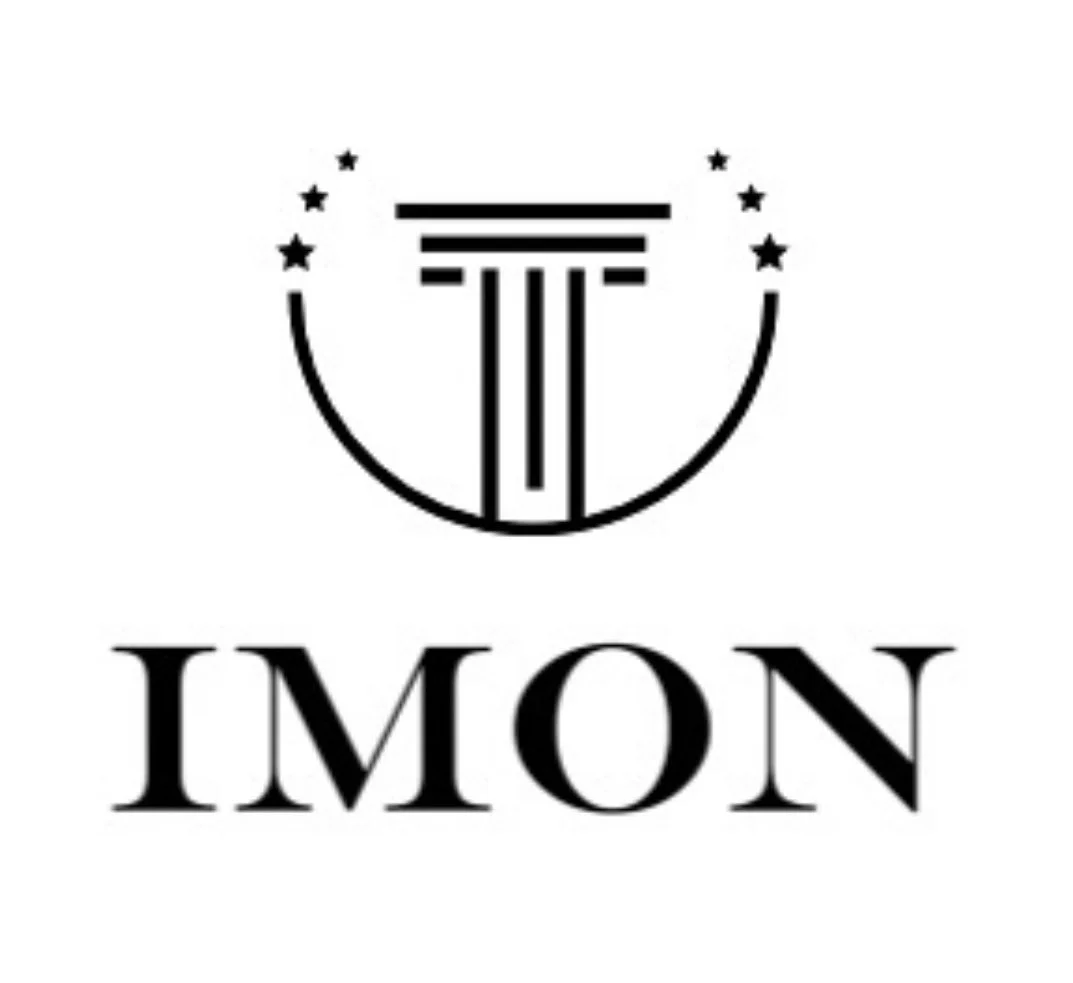FAQ
-
Role and Authority
In Ontario, a notary public is authorized to witness signatures, administer oaths, and certify true copies of documents. They can also attest to the execution of agreements, contracts, and affidavits
Frequently notarized documents in Ontario include affidavits, statutory declarations, powers of attorney, consent letters for children traveling abroad, and certified true copies of original documents. -
Legal Professionals
Most notaries in Ontario are lawyers. While non-lawyers can become commissioners for taking affidavits, only lawyers and paralegals can be appointed as notaries public by the Ministry of the Attorney General.
-
Commissioners vs Notaries
A commissioner for taking affidavits can administer oaths and take declarations, but they cannot notarize documents. Notaries public, on the other hand, can do both.
-
International Documents
Notaries in Ontario can authenticate documents for international use by attaching a notarial certificate.
However, for certain international documents, additional authentication (such as an Apostille or legalization) may be required.
-
Fees
Notaries can charge for their services, but there is no set fee schedule in Ontario. Costs can vary based on the complexity of the document or the service being provided.
-
Mobile and Remote Services
Ontario allows notaries to offer mobile services and, since 2020, remote notarization for certain documents via video conferencing under specific conditions.
